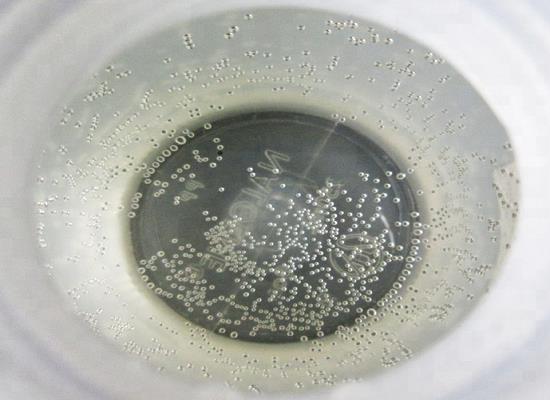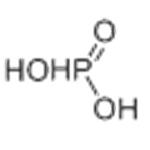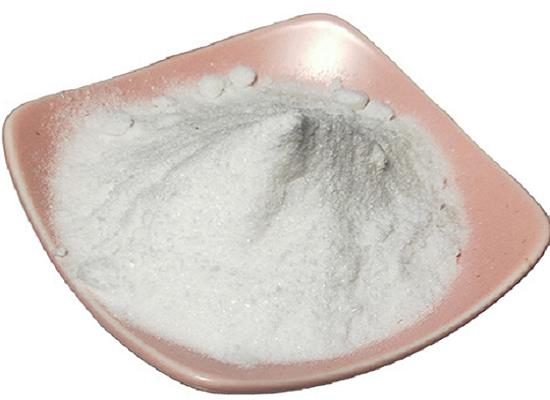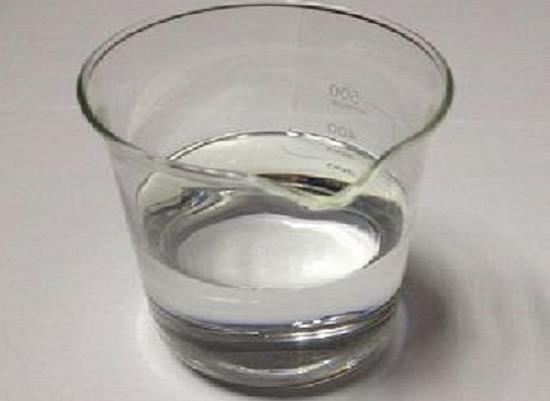Polyphosphoric acid: a potential additives in modified bitumen
General Description
Polyphosphoric acid is a chemical compound with the molecular formula H3PO4, nH2O, where n represents the degree of polymerization. It is a highly viscous liquid that consists of chains of phosphoric acid molecules linked together. Polyphosphoric acid is derived from phosphorus pentoxide (P2O5) and water. Polyphosphoric acid is widely used as an additive in various industries, including the asphalt and polymer industries. The application of polyphosphoric acid as an additive in bitumen offers several performance benefits. It improves the compatibility and performance of bitumen while changing its colloidal structure, increasing asphaltene content and enhancing stiffness. Overall, polyphosphoric acid is a cost-effective and versatile additive that enhances the performance and properties of bitumen, making it a promising alternative to traditional polymer modifiers. Further research and application can contribute to the development of high-performance road materials.

Figure 1. Polyphosphoric acid
Application method for modified bitumen
Polyphosphoric acid is a cost-effective and versatile additive for bitumen, offering enhanced performance at a low cost. It exhibits good compatibility with bitumen and can be combined with other polymer modifiers such as SBS, SBR, GTR, DRMA, CR, and latex-modified bitumen. Polyphosphoric acid reacts with functional groups in bitumen, dispersing asphaltenes and facilitating improved interactions with rubber additives. The properties and blending process of polyphosphoric acid have been the subject of previous studies. By incorporating a moderate amount of polyphosphoric acid, bitumen can achieve rheological properties comparable to SBS-modified bitumen. The optimal concentration of polyphosphoric acid is typically determined through experimentation to ensure the desired performance without causing excessive stiffening of the base bitumen. Researchers have explored different combinations of polyphosphoric acid with various polymers. For example, a mixture of 3.2 wt.% NRL and 2 wt.% polyphosphoric acid has been recommended for road conditions in Thailand. Studies have also determined that 1 wt.% polyphosphoric acid is suitable for CR-modified bitumen. During the mixing process, it is important to continue blending until all bubbles generated from the chemical reaction between polyphosphoric acid and bitumen disappear. Polyphosphoric acid offers economic efficiency and improved bitumen properties, making it a promising alternative to traditional polymer modifiers. Further research and application of polyphosphoric acid in asphalt technology can contribute to the development of high-performance road materials and pavements. 1
Performance
The use of polyphosphoric acid as an additive in bitumen has shown several performance benefits. Incorporating 0.5 wt.% polyphosphoric acid reduces the concentration of CLNR (Crumb Rubber Modifier) by 3% while improving bitumen performance. This indicates that polyphosphoric acid not only enhances compatibility and performance but also changes the colloidal structure of the bitumen, increasing the asphaltene content and improving bitumen stiffness. Additionally, polyphosphoric acid improves the homogeneity between CLNR and bitumen, as observed through dispersion analysis. This confirms the potential of mixing polyphosphoric acid with rubber polymers. The inclusion of 0.5 wt.% polyphosphoric acid enhances penetration resistance and softening point of CLNR, which aligns with previous studies showing an increase in the softening point with higher polyphosphoric acid concentrations. Furthermore, combining CLNR with polyphosphoric acid improves high-temperature properties and shear resistance. The shift from a sol-type to a gel-type structure in bitumen leads to enhanced high-temperature performance. This result agrees with previous studies that have shown improved high-temperature performance when polyphosphoric acid is added to different composite bitumens. 2
The addition of polyphosphoric acid also enhances the stiffness of CLNR by dispersing resins into asphaltenes within the maltene matrix. This increases the viscosity of modified bitumen, demonstrating polyphosphoric acid's reactive additive nature and its ability to enhance composite viscosity. Overall, previous studies have reported that incorporating polyphosphoric acid with various rubber polymers results in improved toughness, tenacity, viscoelasticity, rutting resistance, resistance to deformation, fatigue resistance, and ductility. Polyphosphoric acid has also shown positive effects on the high- and low-temperature performance of modified bitumen, anti-aging behavior, and adhesion force. 3
Reference
1. Rohayzi NF, Katman HYB, Ibrahim MR, Norhisham
S, Rahman NA. Potential Additives in Natural Rubber-Modified Bitumen: A
Review. Polymers (Basel), 2023, 15(8):1951.
2. Gao L, Cai N, Fu X, He R, Zhang H, Zhou J, Kuang D, Liu S. Influence of Polyphosphoric acid on the Short-Term Antiaging Performance of Asphalt. Adv Civ Eng, 2021, 2021:628778.
3. Hazoor Ansari A, Jakarni FM, Muniandy R, Hassim S, Elahi Z, Meftah Ben Zair M. Effect of cup lump rubber as a sustainable bio-modifier on the properties of bitumen incorporating polyphosphoric acid. Constr Build Mater, 2022, 323:126505.
Related articles And Qustion
See also
Lastest Price from Polyphosphoric acid manufacturers

US $1.00/kg2025-04-21
- CAS:
- 8017-16-1
- Min. Order:
- 1kg
- Purity:
- 99%
- Supply Ability:
- 10 mt

US $0.00/kg2025-04-15
- CAS:
- 8017-16-1
- Min. Order:
- 20kg
- Purity:
- 99%
- Supply Ability:
- 20 tons


